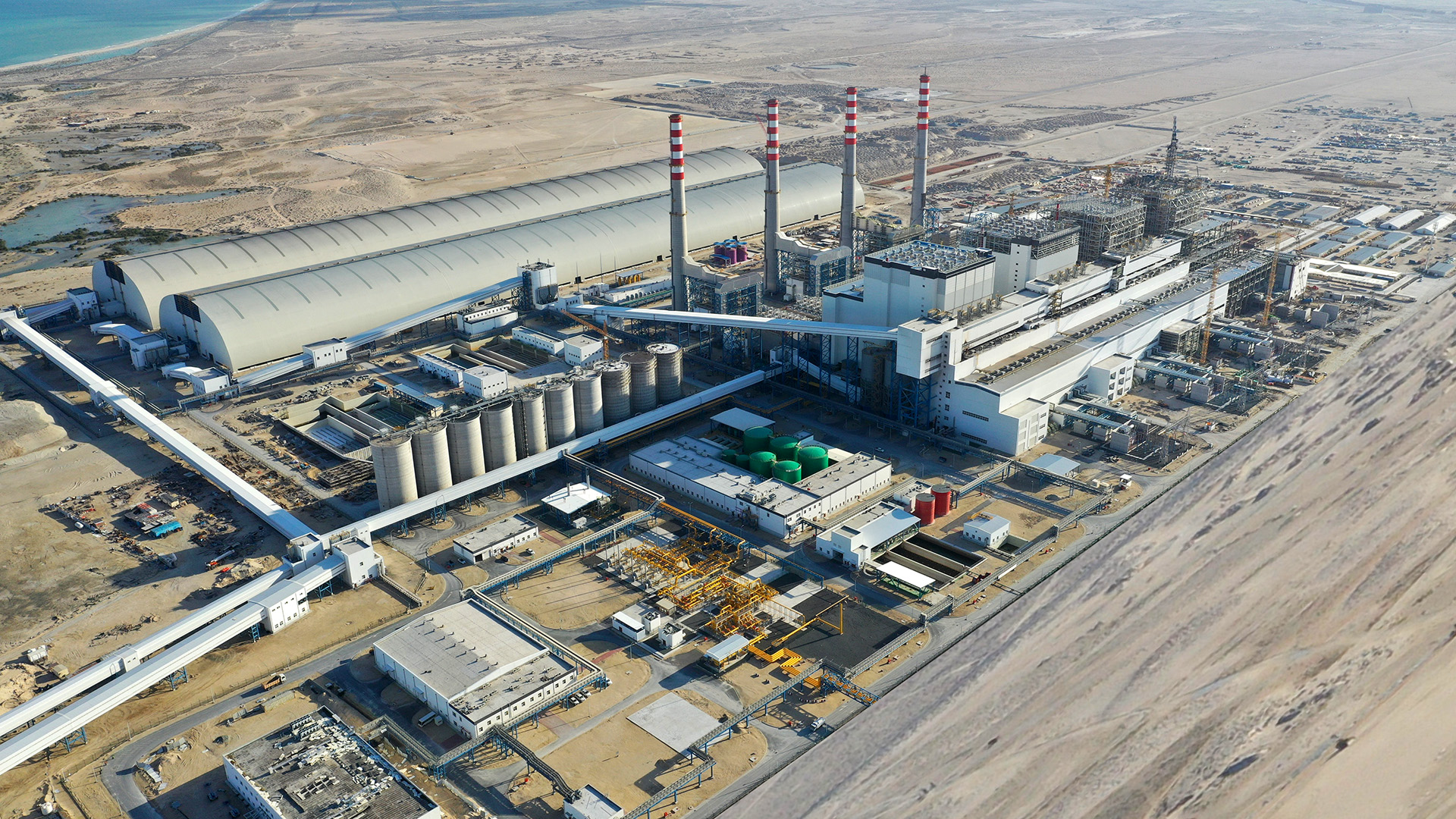
Dubai is on track to be completely powered by clean energy
Following the UAE’s announcement of its Net-Zero 2050 Strategic Initiative in October 2021, Dubai is accelerating plans to reach net-zero and 100% power capacity from clean energy sources by 2050. As part of this strategy for a greener future, Dubai Electricity and Water Authority (DEWA) has converted its clean coal power plant into one that runs solely on natural gas.
Intuitive resourcing
Initially designed to be a dual-fuel plant run on natural gas and clean coal, the Hassyan Power Complex, co-owned by DEWA, ACWA Power, Harbin Electric, and the Silk Road Fund, has since dropped coal from its energy mix. The plant now adheres to stringent environmental regulations, working to minimize fuel consumption and carbon emissions.
As a safer and more ecological source of energy than other fossil fuels, natural gas was an obvious move for DEWA. It means the utility company can continue providing the highest standard of electricity and water services to the Emirate, with the lowest possible impact on the environment.
HE Saeed Mohammed Al Tayer, Managing Director and CEO of DEWA and Chairman of Hassyan Energy explains that this direction is “in support of the UAE’s efforts to reduce the effects of global warming and climate change” while using “the latest technologies in energy production.”

A green economy
According to His Highness Sheikh Ahmed bin Saeed Al Maktoum, Chairman of the Dubai Supreme Council of Energy, DEWA’s “initiative is consistent with the pivotal role that gas is expected to play in enabling economic growth in the UAE over the next fifty years.”
With the Emirate’s economy becoming less reliant on oil exports, natural gas is proving critical to economic diversification. Through resource conservation and optimization, it is continuing to power the region, fuel its industries and expand international opportunities – without being a financial or environmental liability.
Now, as the sole energy source at the Hassyan Power Complex, natural gas is catalyzing the plant’s development. Currently, its production capacity is 1,200 megawatts (MW) based on the Independent Power Producer (IPP) model. A further 600 MW will be added in Q4 of 2022 and another 600 MW by Q3 of 2023, doubling both its capacity and commercial potential. DEWA currently has 13.4 gigawatts (GW) of installed electricity capacity, around 11.4% of it from clean sources. This is expected to reach around 14% by the end of 2022.
14% of DEWA’s installed electricity capacity will come from clean sources by the end of 2022.

Stronger together
According to a study approved by the Dubai Supreme Council of Energy, achieving net-zero carbon emissions doesn’t fall to Electricity and Water alone. It requires action across all major sectors.
While Utility is leading with renewable energy, Transportation is driving the production of electric and hydrogen fuel vehicles, and Construction is focusing on energy efficiency for all new buildings by 2050. Industry is also joining the sustainability mission by switching from fossil fuels to electricity, hydrogen, solar power, and carbon capture.
It is this collaborative effort that will accelerate the goal of powering Dubai from clean energy alone – and the world towards a future where sustainability is ingrained in society.

